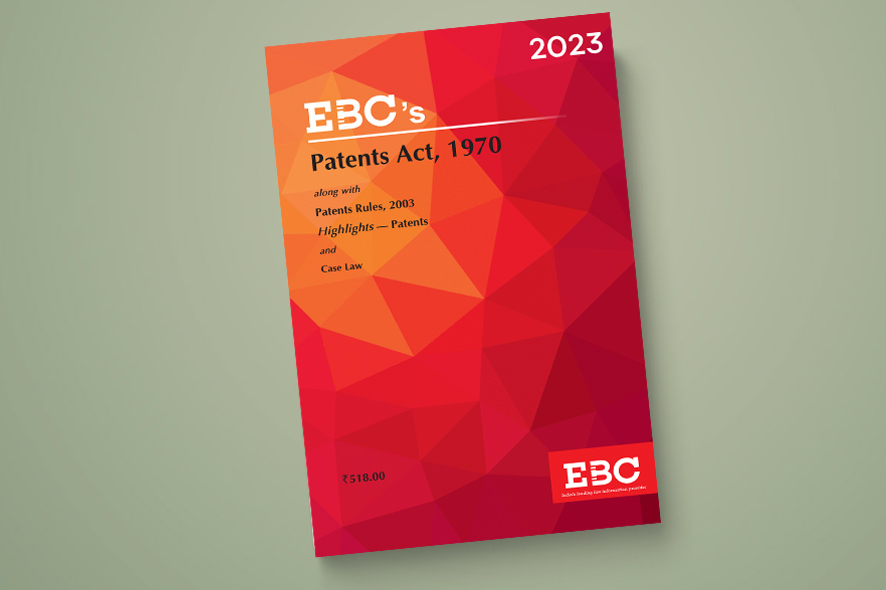Delhi High Court: In a case wherein, the application was filed by Boehringer Ingelheim International GmbH (Respondent 2) under Section 10 of Civil Procedure Code, 1908 (‘CPC’) seeking stay of proceedings in the present revocation petition, filed by the petitioners under Section 64 of the Patents Act, 1970 (‘Patents Act’), C. Hari Shankar, J.*, held that it could not be said that, even on merits, any case existed for staying the present revocation petition and accordingly, dismissed the application.
Background
In the instant case, Revocation petition was filed by the petitioners electronically. The petition sought revocation of IN 268846 (“IN’846”) granted to Respondent 2, in respect of “Glucopyranosyl-substituted Benzenol derivatives, drugs containing said compounds, the use thereof and method for the production thereof’”.
As against this, the suit was filed by Respondent 2, asserting IN’846 and alleging infringement, by the petitioners, of the said patent. The suit was filed by Respondent 2 before the Himachal Pradesh High Court on 19-10-2021, three days after the present revocation petition was electronically filed by the petitioner before this Court, wherein ex-parte stay was granted by the Himachal Pradesh High Court. Respondent 2 filed a second suit against the petitioners on 21-10-2021, where again stay was granted by the Himachal Pradesh High Court.
Respondent 2 contended that the issues in controversy in the present revocation petition and in the suit filed by Respondent 2 against the petitioners before the Himachal Pradesh High Court, were not only overlapping but were identical. Therefore, the respondent submitted that on merits, a clear case for stay of the present revocation proceedings was made out to avoid the possibility of conflicting decisions.
Analysis, Law and Decision
On considering an issue that whether a revocation petition could be treated as a suit for the purposes of Section 10 of the CPC, the Court relied on Raju Jhurani v. Germinda Pvt. Ltd., (2012) 8 SCC 563 and opined that where provisions of CPC which deal with suits, were sought to be invoked with respect to proceedings instituted under other statutes, such proceedings were not to be treated as suits.
The Court also noted that attention of the Court had not been drawn to any provision which either in the CPC or in any of the rules governing the Court including the Intellectual Property Division Rules and the Patent Rules, which, either expressly or by necessary implication, treated a revocation petition under Section 64 of the Patents Act as a suit for the purposes of Section 10 of the CPC.
The Court noted that in absence of any provision by which a revocation petition under Section 64 of the Patents Act could be treated as a suit, a Court could not deem a revocation petition to be a suit. Deeming fictions, and the creation of deeming fictions, were generally the exclusive province of the legislature. The Court could not create a deeming fiction on its own, where the statute did not do so.
The Court, further opined that the final reason why the revocation petition could not be treated as a suit under Section 10 of CPC was that, even if it applies in the facts of a particular case, Section 10 did not bring to a halt the proceedings in a suit, it only stays the trial of the suit. Even in a case where Section 10 applied, the Court which was seized of the later suit might still pass interlocutory orders under Order XXXIX of the CPC and other cognate provisions.
Therefore, the Court opined that a revocation petition under Section 64 of the Patents Act was not a suit within the meaning of Section 10 of the CPC.
Further on considering the issue that whether a case for stay was made out even on merits, the Court opined that one fundamental difference between the proceeding for revocation of a patent under Section 64 of the Patents Act and a civil suit by a patent holder, seeking injunction against infringement of the patent under Section 104 of the Patents Act is that, if a revocation proceeding succeeded, the patent was deleted from the register of patents. Whereas, in an infringement suit, the patent did not stand extinguished. The only result was that the injunction sought would not be granted.
The Court opined that the relief which would result, in the event of the challenge to the patent, in the revocation proceedings and in the written statement filed by way of response to the suit, succeeding, was completely different.
Thereafter, relying on Aspi Jal v. Khushroo Rustom Dadyburjor, (2013) 4 SCC 333 and National Institute of Mental Health & Neuro Sciences v. C. Parameshwara, (2005) 2 SCC 256, the Court opined that it could not be said that, even on merits, any case existed for staying the present revocation petition pending the outcome of the suit instituted in the Himachal Pradesh High Court.
Accordingly, the present application under Section 10 of the CPC was dismissed.
The matter to be re-notified on 24-08-2023.
[Dr. Reddys Laboratories Ltd. v. The Controller of Patents, 2023 SCC OnLine Del 4701, decided on 03-08-2023]
*Judgment by- Justice C. Hari Shankar
Advocates who appeared in this case :
For the Petitioners: J. Sai Deepak, G. Nataraj, Shashi Kant Yadav and Rahul Bhujbal, Advocates;
For the Respondents: Harish Vaidyanathan Shankar, CGSC with Srish Kumar Mishra,Sagar Mehlawat and Alexander Mathai Paikaday, Advocates; Ashok Aggarwal, Senior Advocate with Sanjay Kumar, Arpita Sawhney, Arun Kumar Jana, Meenal Khurana, Harshit Dixit and Priyansh Sharma, Advocates.








